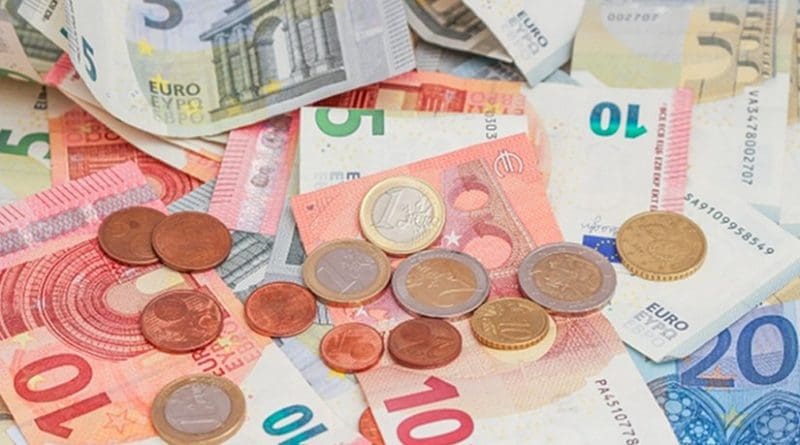Greece, Spain Face New Debt Pressures
By VOA
Greece and Spain faced new pressure Tuesday from the European debt crisis.
The European Union bluntly told the Athens government it would not receive its next $11 billion installment from last year’s bailout unless its fractious political leaders sign a written statement committing to new austerity measures to cut the country’s debt. Greece needs the money to avoid a default next month, but conservative leader Antonis Samaras says his verbal consent to the unpopular austerity plan should be sufficient and has refused to sign a written pledge.
A key EU financial leader, Luxembourg Prime Minister Jean-Claude Juncker, told new Greek Prime Minister Lucas Papademos that without the written commitment, the release of the funds “of course could not take place.”
Meanwhile, the prospect of a conservative government in Spain led by Prime Minister-elect Mariano Rajoy failed to quell mounting financial market pressure on the Madrid government. Spain was forced to pay its highest interest rates in 14 years on government debt. Its rate on three-month securities topped 5 percent, more than double that from a month ago and higher than both Greece and Portugal have had to pay.
As the long reach of the debt crisis continues, European leaders are debating the role of the European Central Bank, and to what extent it should buy the bonds of the 17 nations that use the common euro currency. France wants the bank to be allowed to lend an unlimited amount to the eurozone’s bailout fund. But Germany, the continent’s leading economic power, fears that would fuel inflation and discourage debt-ridden countries from correcting their financial woes

